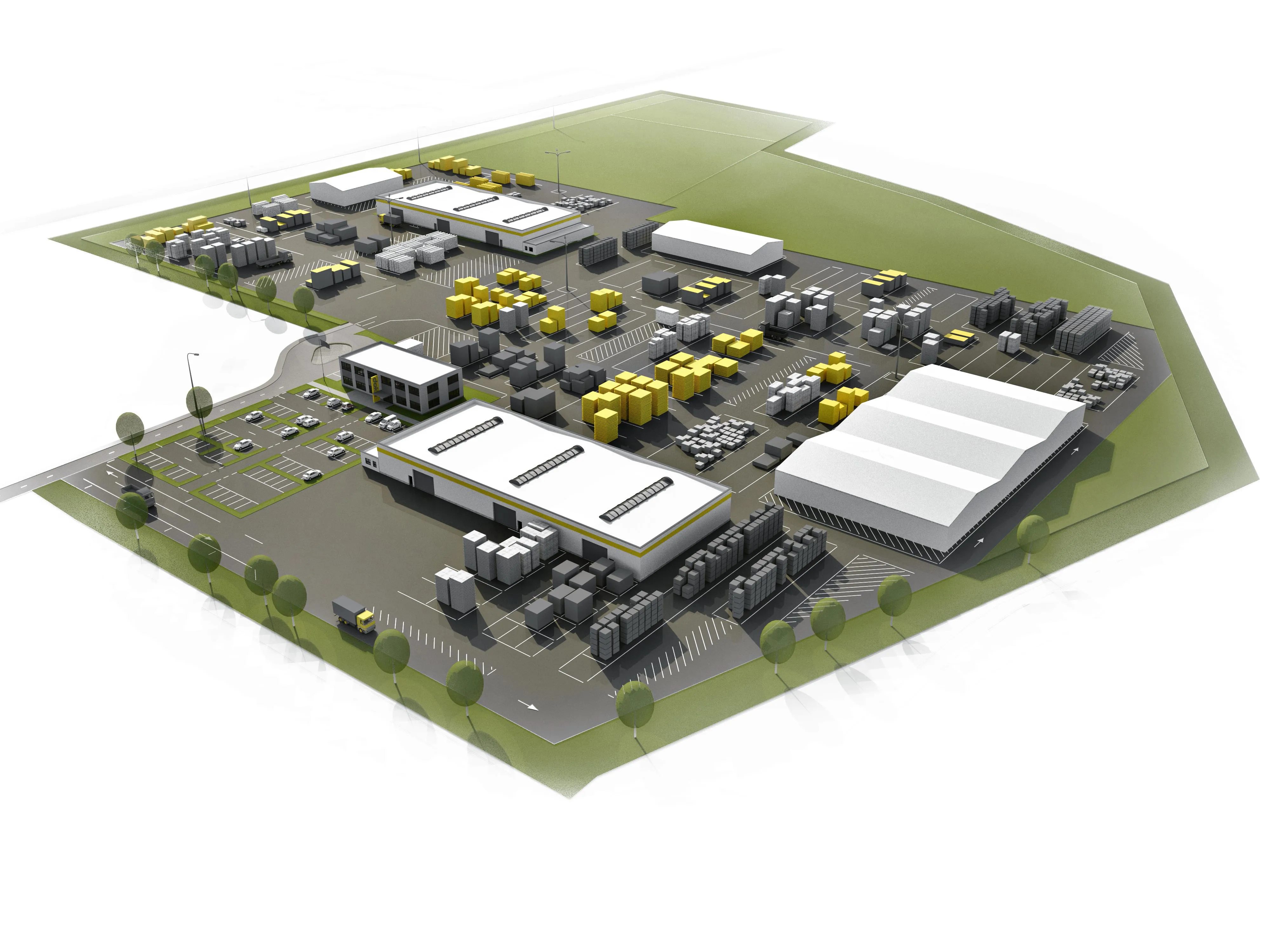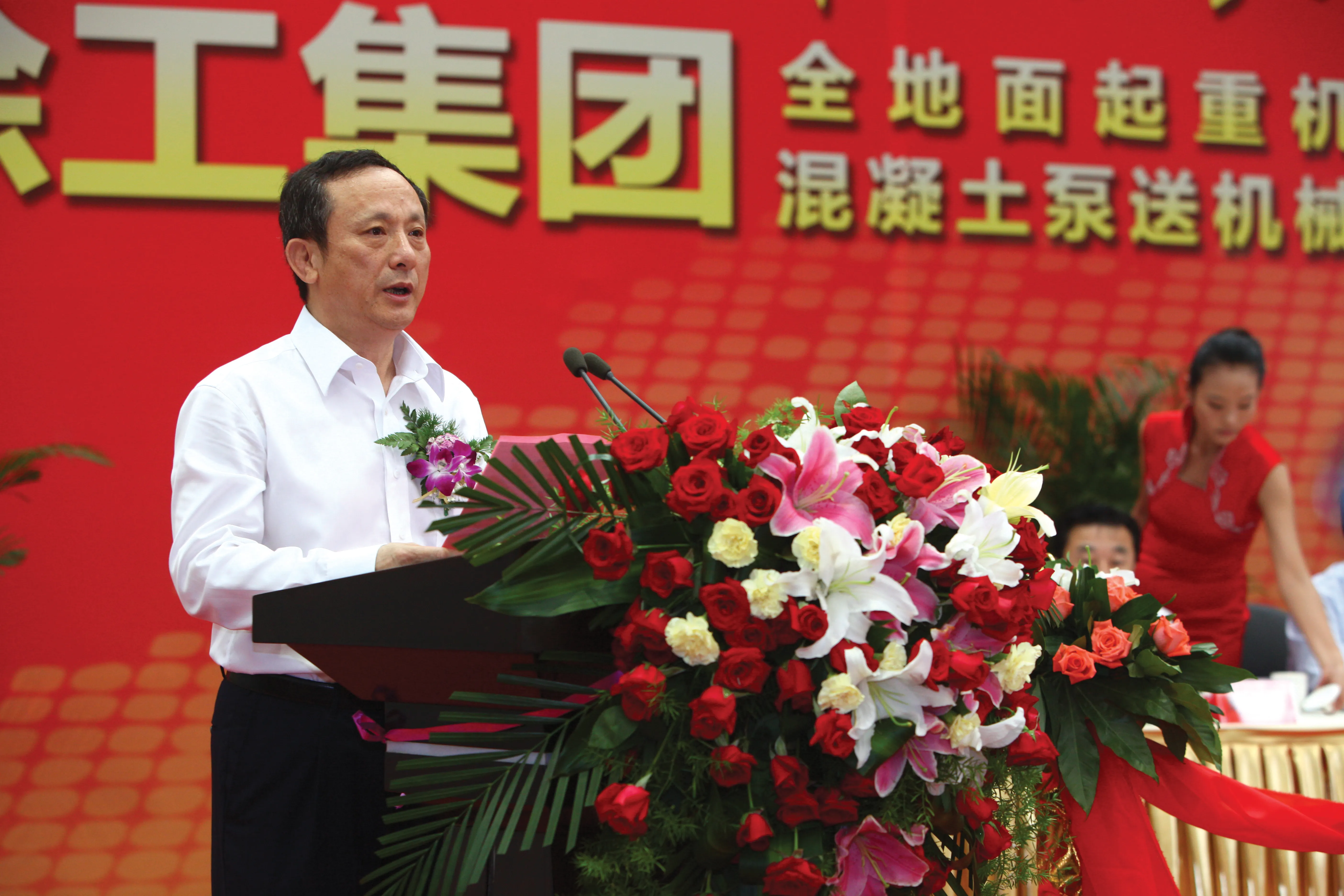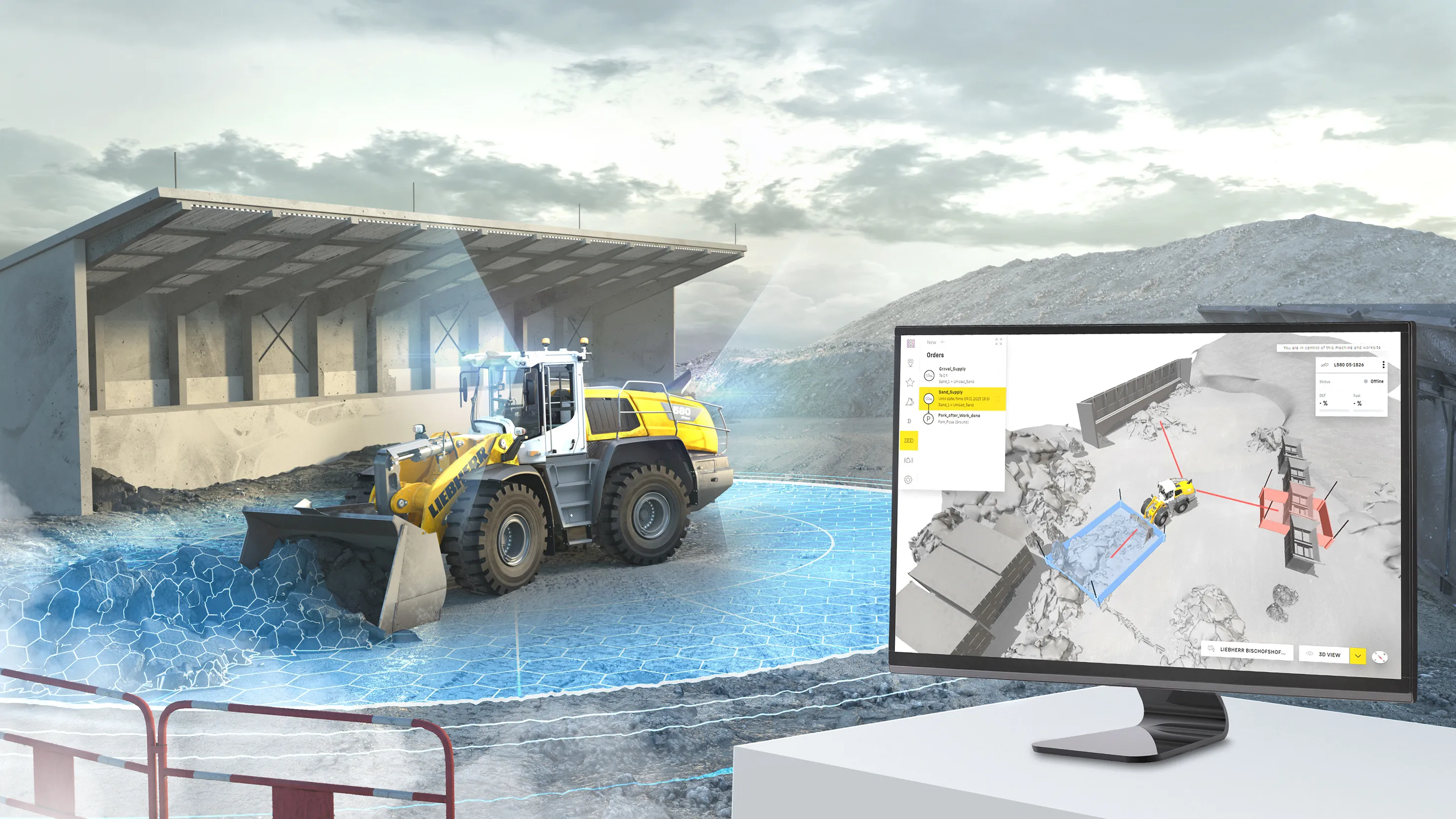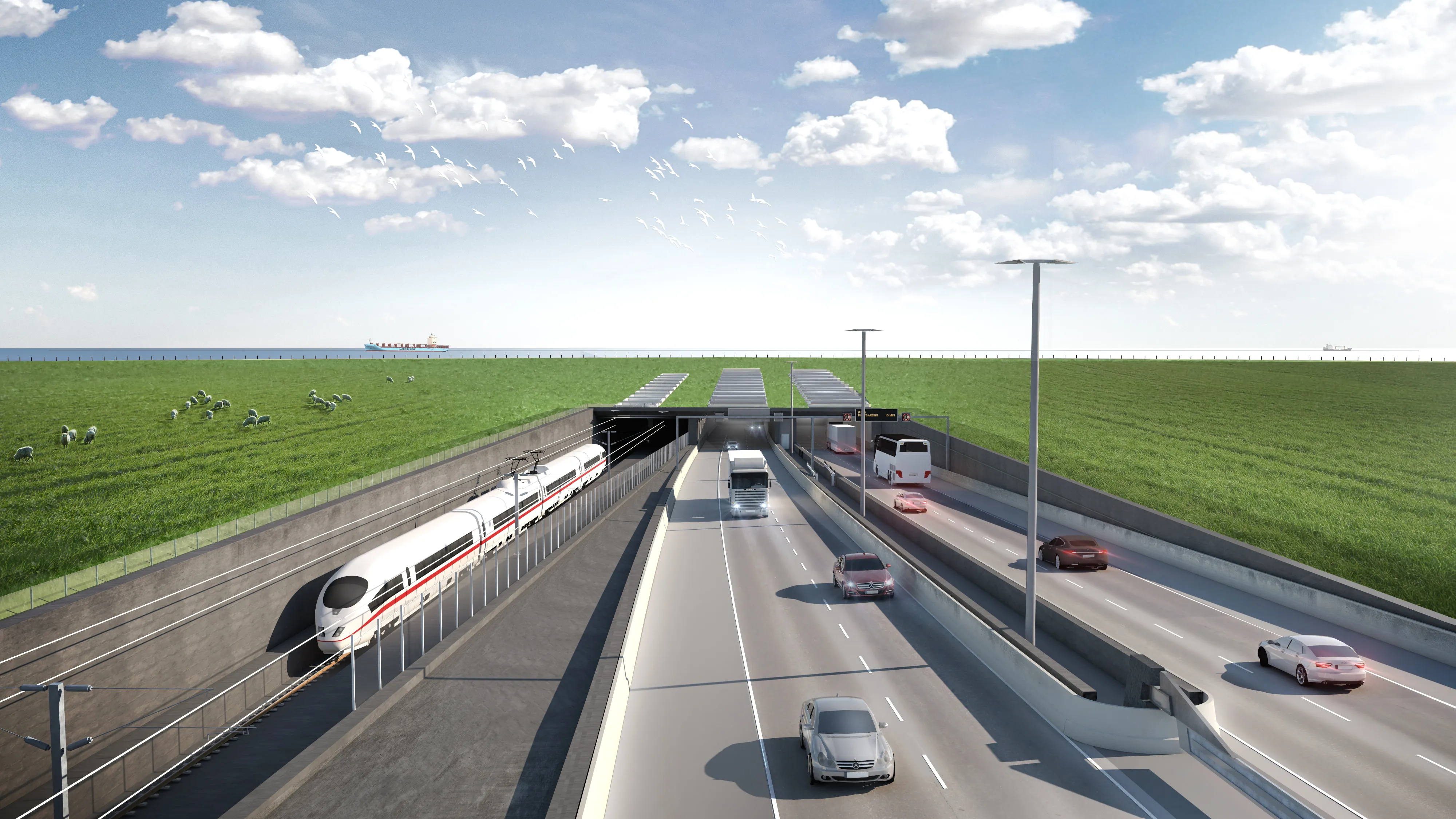Globally renowned formwork technology firm Doka has laid the foundation stone for its new logistics centre for Germany. The new 11.4 hectare facility, being built within an industrial estate on the B 87 highway near the town of Apolda in Thuringia, is earmarked for completion by the end of this year. The first phase will initially create around 40 new jobs. The Doka Group is investing around US$18.28 million (€14mn) in this initial phase, as part of the ongoing development of its worldwide distribution and
July 15, 2013
Read time: 2 mins

Globally renowned formwork technology firm 203 Doka has laid the foundation stone for its new logistics centre for Germany.
The new 11.4 hectare facility, being built within an industrial estate on the B 87 highway near the town of Apolda in Thuringia, is earmarked for completion by the end of this year. The first phase will initially create around 40 new jobs. The Doka Group is investing around US$18.28 million (€14mn) in this initial phase, as part of the ongoing development of its worldwide distribution and logistics network.
Rapid availability of formwork systems and components, and prompt, fast and flexible delivery of these items to jobsites, are said by Doka to be significant competitive aspects that are often a critical factor for customers when awarding a contract. The firm says this is why efficient logistics play such a key role in the formwork business.
“The new logistics centre for Germany that we are establishing in Apolda marks an important step for our company, especially for our customers and employees”, said Josef Kurzmann, Doka Group chairman.
The Apolda Logistics Centre will serve as a central depot for part of the Doka rental park. It aims to ensure shorter delivery times, better availability of equipment and fewer part-deliveries to jobsites. To achieve these aims, Doka says it is advantageous to be located as close to the middle of the sales territory as possible. The State of Thuringia offers just such a central location in the ‘Green Heart of Germany’, coupled with advanced transportation infrastructure. “These criteria, and the availability of skilled labour, were the deciding factors in our search for a suitable location”, said Frank Müller, managing director of Deutsche Doka.
A decision on a second development phase, with additional warehouse buildings, is likely to be taken in 2016.
The Doka Group has continued to expand its worldwide presence by establishing new branches – for example in Australia, Malaysia and Peru – and additional logistics centres. In 2012, the company invested around $169.82 million (€130mn) in its own growth. Of this total, a large share went on strengthening its logistics network.
The new 11.4 hectare facility, being built within an industrial estate on the B 87 highway near the town of Apolda in Thuringia, is earmarked for completion by the end of this year. The first phase will initially create around 40 new jobs. The Doka Group is investing around US$18.28 million (€14mn) in this initial phase, as part of the ongoing development of its worldwide distribution and logistics network.
Rapid availability of formwork systems and components, and prompt, fast and flexible delivery of these items to jobsites, are said by Doka to be significant competitive aspects that are often a critical factor for customers when awarding a contract. The firm says this is why efficient logistics play such a key role in the formwork business.
“The new logistics centre for Germany that we are establishing in Apolda marks an important step for our company, especially for our customers and employees”, said Josef Kurzmann, Doka Group chairman.
The Apolda Logistics Centre will serve as a central depot for part of the Doka rental park. It aims to ensure shorter delivery times, better availability of equipment and fewer part-deliveries to jobsites. To achieve these aims, Doka says it is advantageous to be located as close to the middle of the sales territory as possible. The State of Thuringia offers just such a central location in the ‘Green Heart of Germany’, coupled with advanced transportation infrastructure. “These criteria, and the availability of skilled labour, were the deciding factors in our search for a suitable location”, said Frank Müller, managing director of Deutsche Doka.
A decision on a second development phase, with additional warehouse buildings, is likely to be taken in 2016.
The Doka Group has continued to expand its worldwide presence by establishing new branches – for example in Australia, Malaysia and Peru – and additional logistics centres. In 2012, the company invested around $169.82 million (€130mn) in its own growth. Of this total, a large share went on strengthening its logistics network.








